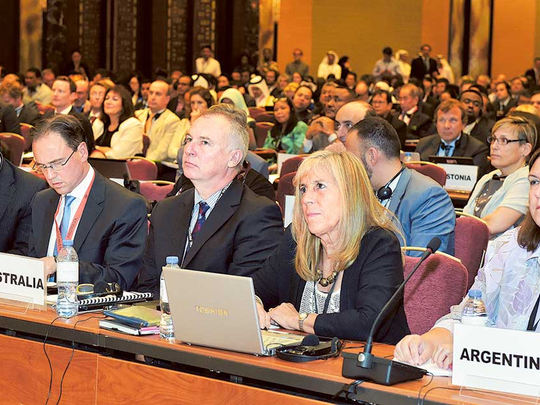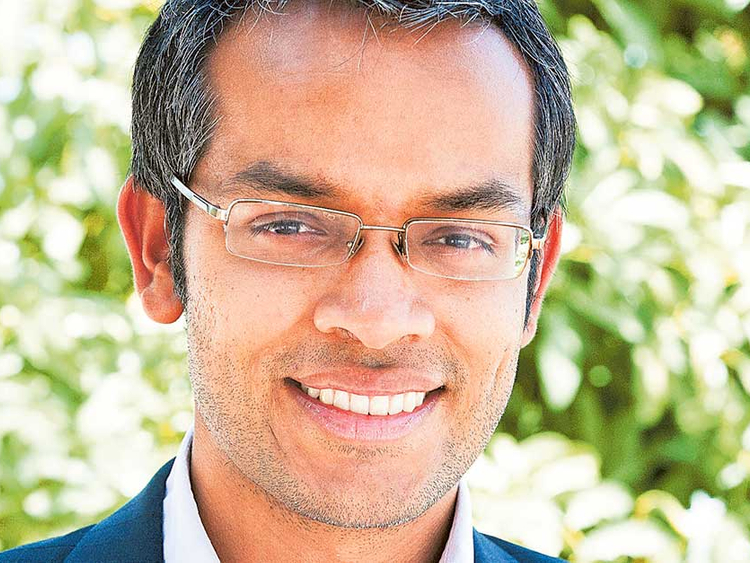
Dubai: Top climate experts in the UAE have lauded a new climate deal reached in Kigali, Rwanda last week — an agreement that will gradually phase out hydrofluorocarbons (HFCs) to reduce global warming thanks in part to a major commitment by hundreds of scientists gathered in Dubai in November 2015.
Called the Dubai Pathway on HFCs, last year’s five-day assembly in Dubai of 50 government ministers and 500 scientists and delegates from 197 countries set the stage for Saturday’s historic HFC agreement in Rwanda when all delegates agreed to work towards a 2016 amendment to the Montreal Protocol.
Caps will be phased in the beginning of 2019 although some countries such as Pakistan and Gulf states agreed to a 2028 deadline for economic reasons.
The deal is expected to remove up to 85 per cent of HFCs from the atmosphere by the year 2047.
The Emirates Wildlife Society and World Wildlife Fund said that HFCs used for refrigeration and air conditioners blamed for deleting the fragile ozone layer in the earth’s atmosphere “are the fastest growing greenhouse gases in many countries. The agreement to limit their growth — and rapidly transition to climate-friendly alternatives — will help avoid warming by up to 0.5 degrees Celsius by the end of this century. It will also increase chances of meeting the objective of limiting the global temperature increase to 1.5 degrees C as outlined in the Paris Agreement,” the groups said in a joint statement released on Monday.
Regine Guenther, interim leader of WWF’s Global Climate and Energy Practice, said the consensus reached at the 28th Meeting of the Parties to the Montreal Protocol in Kigali is proof positive the world is finally getting serious about targeting greenhouse gases.
“This is great news for the climate. It sends a powerful signal that our governments are serious about tackling climate change, coming as it does on the heels of the ratification of the Paris Agreement, a new deal to cap aviation emissions, and just weeks before UN climate talks resume. Our path to action is clear and we now need to see the promises of these agreements realised in urgent actions on the ground,” Guenther said.
Tanzeed Alam, Climate and Energy director, Emirates Wildlife Society, in association with WWF (EWS-WWF), said the latest agreement will serve as a strong incentive to find new sustainable cooling technologies the world over in years to come in order to meet targets.
“The phase out of hydrofluorocarbons marks yet another milestone in the fight against climate change. This announcement is a turning point for the UAE where we all rely so heavily on cooling and will continue to do so as global temperatures keep rising,” Alam said.
“Air-conditioning technologies will need to be more innovative and efficient at delivering cooling without costing the Earth. This also represents an untapped market opportunity for UAE businesses to support the development of innovative cooling technologies that meet climate change goals and the recent Montreal Protocol agreement,” he said.













